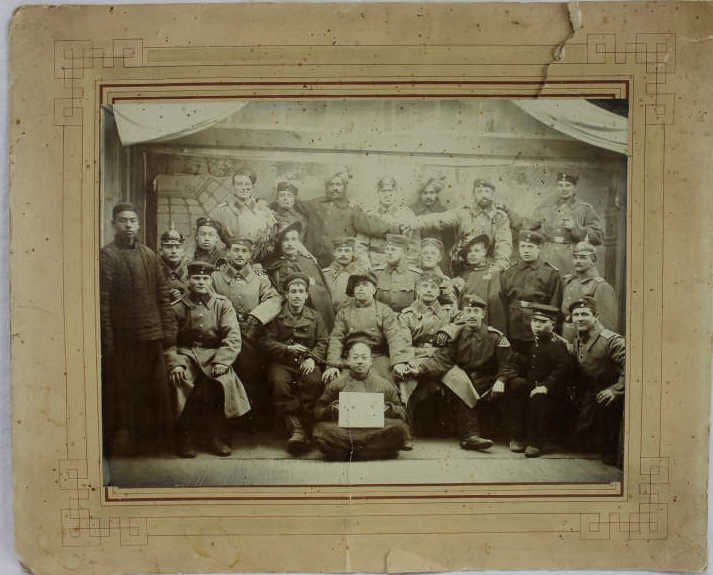
The experience of the events leading up to and surrounding this rebellion continue to affect China's perceptions of the world and its relations in the present day.

When the rebellion was crushed, yet more concessions and monetary indemnity were claimed from China by the Russians, Germans, French, and British. The local population grew more and more unhappy with the presence of foreigners, suspecting their motives, resulting in the rebellion. Internal weakness in China and the suspicion that China might even implode resulted in the European powers negotiating more and more concessions by way of trading posts that were virtually independent colonies. The European powers saw China as an imperialistic opportunity where they could gain influence and power without territorial sovereignty. The brutal uprising crumbled on August 4, 1900, when 20,000 foreign troops entered the Chinese capital, Peking (Beijing). By August 1900, over 230 foreigners, tens of thousands of Chinese Christians, an unknown number of rebels, their sympathizers, and other innocent bystanders were killed in the ensuing chaos. The Boxer Uprising or Boxer Rebellion was a Chinese rebellion against foreign influence in areas such as trade, politics, religion, and technology that occurred in China during the final years of the Qing Dynasty from November 1899 to September 7, 1901. What were the causes, key events, and outcomes of this protest? Why did it ultimately fail? Read this article on the Boxer Rebellion. In 1901 the foreign powers forced the Qing to pay reparations to reimburse them for their losses during the conflict, but they later agreed to earmark the money they received to educate Chinese students at overseas institutions and to found Tsinghua University in Beijing.

Foreign powers, including the United States, allied with the Qing to squash the rebellion. They also destroyed railroad depots and foreign businesses. The Boxer rebels tried to expel foreign influence from Beijing by attacking the Chinese Christians and foreign residents who lived in northern China.

This organization led the Boxer Rebellion in 1899. The Opium Wars, the Sino-Japanese War (1894-95), and the spread of Christianity became a rallying cry for the Society of the Righteous and Harmonious Fists. As opium addiction spread like wildfire throughout China, European, American, and Japanese interests vied for dominance throughout the region.


 0 kommentar(er)
0 kommentar(er)
